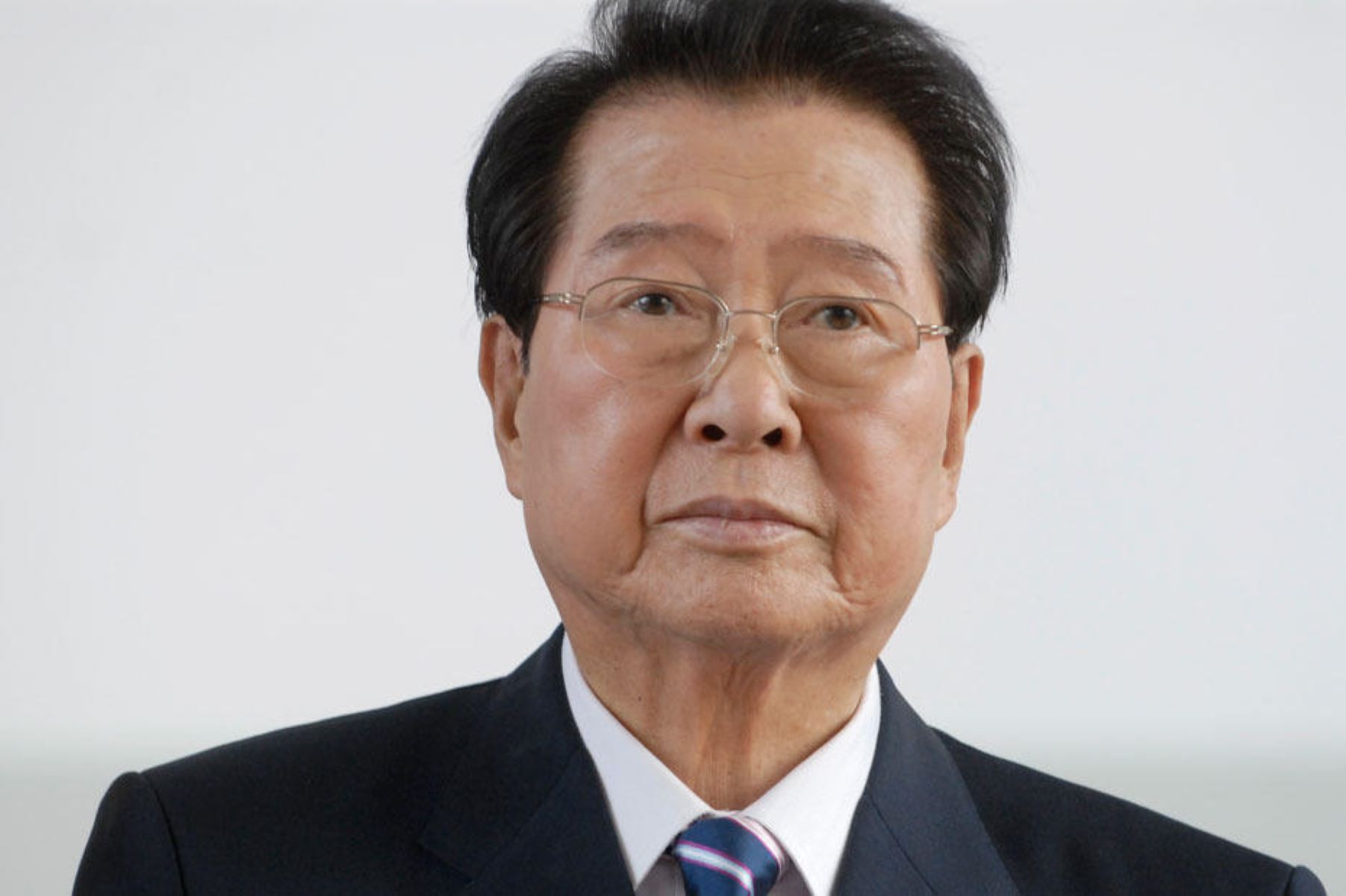
Kim Dae-jung is a prominent figure in South Korean history, renowned for his extraordinary achievements and contributions to the nation. As a former President of South Korea and a Nobel Peace Prize laureate, Kim Dae-jung’s legacy is deeply ingrained in the fabric of the country. Throughout his life, he faced numerous hurdles and challenges, but his unwavering determination and remarkable leadership skills allowed him to overcome adversity and make a lasting impact. In this article, we will explore eight extraordinary facts about Kim Dae-jung, shedding light on his remarkable journey, accomplishments, and the mark he left on the history of South Korea.
Key Takeaways:
- Kim Dae-jung was a Nobel Peace Prize winner, President of South Korea, and a key figure in improving relations between North and South Korea through the Sunshine Policy.
- Despite surviving an assassination attempt and facing imprisonment, Kim Dae-jung’s dedication to democracy and human rights made him a respected leader both in South Korea and internationally.
Kim Dae-jung was a Nobel Peace Prize laureate.
Kim Dae-jung was awarded the Nobel Peace Prize in 2000 for his efforts to promote democracy and reconciliation in South Korea. His dedication to achieving peace on the Korean Peninsula earned him international recognition and respect.
Kim Dae-jung was the 8th President of South Korea.
Kim Dae-jung served as the President of South Korea from 1998 to His presidency was marked by his commitment to democratization, inter-Korean relations, and economic reforms, which earned him the nickname “The Great Democrat.”
Kim Dae-jung played a crucial role in the Sunshine Policy.
Kim Dae-jung’s Sunshine Policy was a diplomatic approach to improve relations between North and South Korea. His efforts included the historic summit with North Korean leader Kim Jong-il in 2000, which laid the foundation for peace talks and cooperation between the two nations.
Kim Dae-jung survived an assassination attempt.
In 1973, Kim Dae-jung narrowly escaped an assassination attempt during a visit to Japan. Despite the threat to his life, he continued to fight for democracy and human rights, becoming a symbol of resilience and determination for the Korean people.
Kim Dae-jung spent time in prison for his political beliefs.
Throughout his political career, Kim Dae-jung faced multiple arrests and imprisonments for his opposition to authoritarian regimes. His unwavering commitment to democracy led to his imprisonment, but also solidified his status as a prominent figure in the struggle for human rights.
Kim Dae-jung implemented economic reforms during his presidency.
As President, Kim Dae-jung pursued economic policies aimed at improving the living standards of the Korean people. His administration implemented various measures to stimulate economic growth, including financial sector restructuring and labor market reforms.
Kim Dae-jung received the United States Presidential Medal of Freedom.
In 2001, Kim Dae-jung was awarded the United States Presidential Medal of Freedom, one of the highest civilian honors in the country. This recognition symbolized the strong friendship between South Korea and the United States, as well as Kim Dae-jung’s contributions to peace and democracy.
Kim Dae-jung founded the Kim Dae-jung Library and Museum.
In honor of his legacy, Kim Dae-jung established the Kim Dae-jung Library and Museum. This institution serves as a tribute to his life and achievements, preserving his legacy and promoting the values of peace, democracy, and human rights.
FAQs
1. When was Kim Dae-jung born and when did he pass away?
Kim Dae-jung was born on December 3, 1924, and passed away on August 18, 2009.
2. What is Kim Dae-jung well-known for?
Kim Dae-jung is well-known for his role in South Korea’s democracy movement, his presidency from 1998 to 2003, and his efforts towards reconciliation with North Korea through the Sunshine Policy.
3. What is the Sunshine Policy?
The Sunshine Policy was a diplomatic approach initiated by Kim Dae-jung aimed at promoting inter-Korean cooperation and peace by engaging with North Korea through economic and cultural exchanges.
4. Did Kim Dae-jung receive any international recognition for his work?
Yes, Kim Dae-jung was awarded the Nobel Peace Prize in 2000 for his efforts to promote democracy and human rights in South Korea and for his reconciliation efforts with North Korea.
5. What is Kim Dae-jung’s lasting legacy?
Kim Dae-jung’s lasting legacy includes his contribution to South Korean democracy, his efforts towards peace and reconciliation with North Korea, and his commitment to human rights and social justice.
Was this page helpful?
Our commitment to delivering trustworthy and engaging content is at the heart of what we do. Each fact on our site is contributed by real users like you, bringing a wealth of diverse insights and information. To ensure the highest standards of accuracy and reliability, our dedicated editors meticulously review each submission. This process guarantees that the facts we share are not only fascinating but also credible. Trust in our commitment to quality and authenticity as you explore and learn with us.
